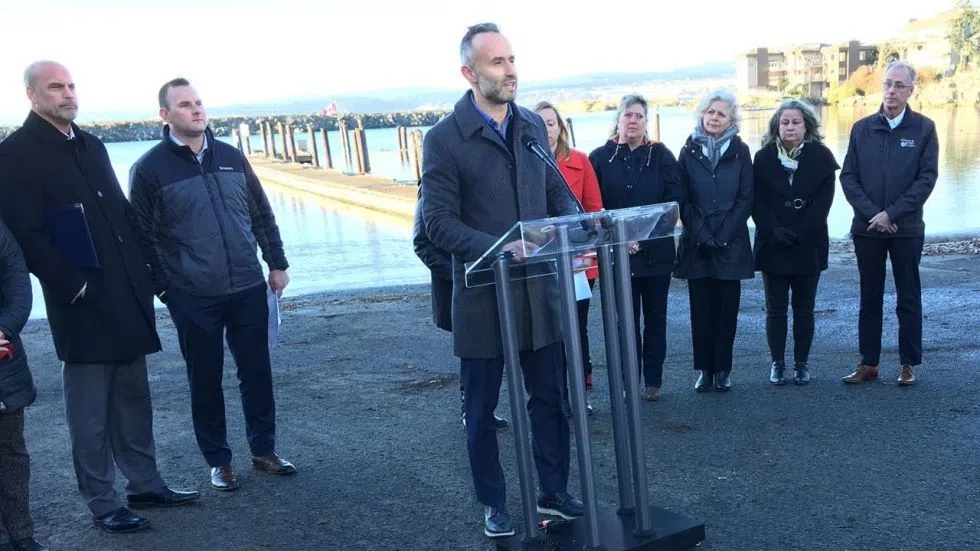
Federal whale-saving efforts threaten Vancouver Island livelihoods, say groups
ESQUIMALT, B.C. — Federal government efforts to save threatened southern resident killer whales could endanger the survival of communities on Vancouver Island whose economies depend on sport fishing and tourism revenues, a coalition of tourism, business and recreational fishing groups said Thursday.
About two dozen leaders gathered at a popular sport fishing marina near Victoria to warn the federal government almost 10,000 jobs are at stake as well as the futures of several cities, towns and villages on the Island that base their incomes on fishing and tourism.
The coalition calls itself Thriving Orcas, Thriving Communities and said the federal government has extended a 5,000 square kilometre critical habitat zone off the southwest coast of Vancouver Island that could result in fishing closures to protect the whales, whose population stands at 74.
Val Litwin, president of the B.C. Chamber of Commerce, said 18 communities have come together to form the coalition.



